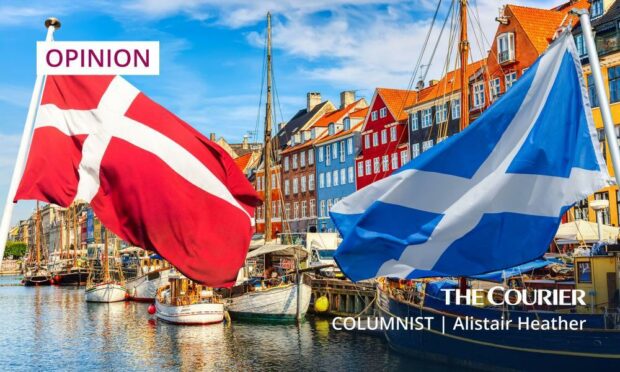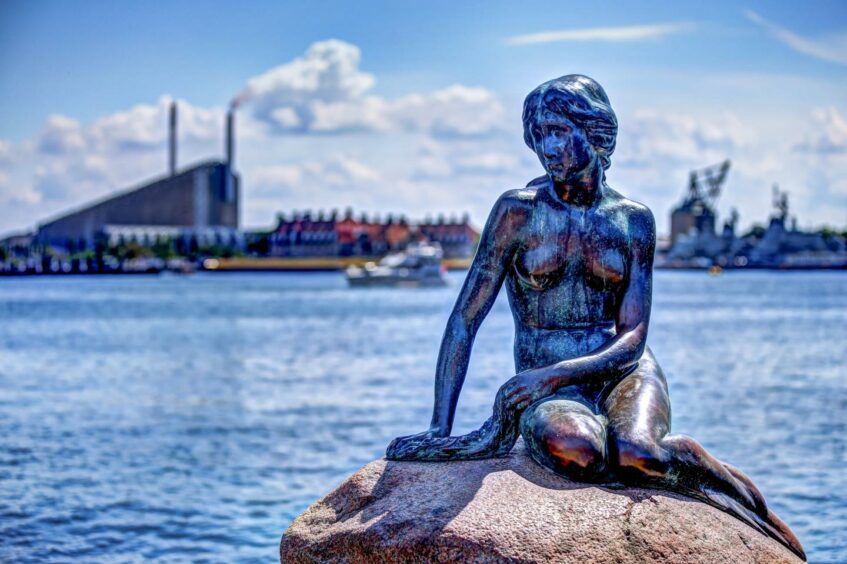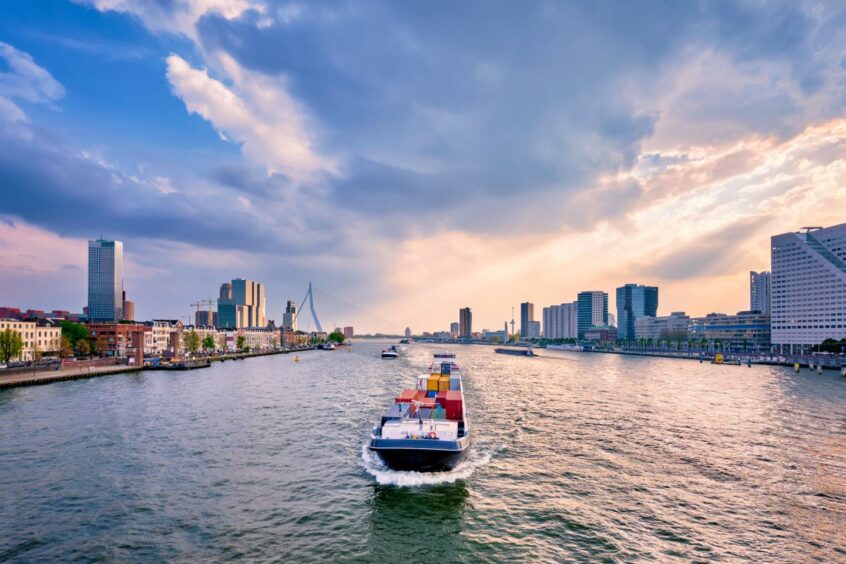A fair few of my indy pals are raging that naebdy in the SNP seem to be forcing the issue of independence. I get the frustration.
The most recent polling is that we’re at 55% support for Yes.
I’m champing at the bit to get going on the next referendum campaign, and get oor wee northern European nation its ain sovereign democratic government.
But I say this to my independence chums: the Scottish Government isnae sitting on their hands. Work ahind the scenes is well underway.
Scotland is creating a series of unofficial embassies across Europe and the world. They are called Scotland Houses, and are administered by the Scottish Government.

Scotland Houses are buildings, or floors of buildings, in prominent international locations. They are places where meetings can take place, and Scottish cultural events occur.
Foreign dignitaries, diplomats, wealthy influential individuals gather in these spots to mark such events as Burns Night and St Andrews Day.
They build soft support for an international Scotland amongst the ruling elites.
We have them in Beijing, Berlin, Brussels, Dublin, London, Ottawa, Paris and Washington DC.
In some cases they operate out of the British Embassy, but in both London and Brussels they have their own bricks and mortar locations.
It was confirmed this last week that we’re away to open another in Copenhagen, to “increase Scotland’s economic and cultural visibility in the Nordic regions”.
Scotland taking its place amongst our neighbour Nordics. How class is that?
My own welcome to this world
These locations act as a shadow network.
Scots and our supporters can allow relationships in commerce, diplomacy and culture to mature in vital international hubs.
I only ken aboot them because I was invited to work a function at one.
It was in the months before Covid-19, in an office high above the River Thames in London.
The Scotland House staff there organised a night celebrating Scotland’s Languages as part of the UNESCO year of indigenous languages in 2019.
I was doon wearing ma Scots Language bunnet, and was introducing Gaelic and Scots singers as part of an evening of entertainment and networking.
The acts were ace, and the night was fun. But the real action was off the ball, in the knots of influential types socialising in the high London offices.
Happy #StAndrewsDay!
First Minister @NicolaSturgeon has shared her best wishes for Scotland's national day to everyone celebrating around the world.
Watch her message ⬇ pic.twitter.com/5FFRVmMKoE
— Scotland House London (@ScotGovLondon) November 30, 2021
The member of European parliament for an eastern European state collared me at one point.
“You know, when you had your referendum in 2014, Europe wasn’t really sure about it,” they told me.
“I wasn’t sure about it. We were thinking it was part of the populism, the right-wing thing of Trump. But that’s changed now, we understand Scotland is positive towards Europe, an open place.
“Europe is much more happy with an independent Scotland now.”
Listening in on the language of diplomacy
I’m paraphrasing very slightly cause it was two year ago and I had a beer in my hand. But that’s the gist.
Later, two wealthy Aberdeen University alumni – both businesswomen in the city – got a blether with me on the balcony.
They said they loved the Doric dialect of Scots, the kind they speak in the north-east, and were chuffed to hear Scots in the English capital.
They were always softly pressing the issue of independence among their business connections in London.
Normalising it in the mind of the monied and the influential.
I came away with the clear impression that Scotland House was doing God’s Work.
It’s helping sinder Scotland fae the shoddy UK state.
An education in independence from our neighbours in Ireland
Fine Gael, one of the parties in Ireland’s ruling coalition, has said Scotland should set up offices in every European Nation as preparation to re-entering the European Union.
They should know. This sort of soft diplomacy was a significant part of Ireland’s 20th century journey to independence.
The Irish Free State and the Dominion of Canada struggled against their Windsor-monarchy-imposed state limitations by taking active roles in the League of Nations, and – radically – setting up their own independent ambassadors to Washington.
The diplomatic, economic and cultural connections that will tether our new Scotland to the world are being spun even as we speak
They wernae allowed to open embassies, as Britain resisted them becoming proper countries.
So instead they opened “resident missions” in one another’s capitals.
The Irish Republic was declared by the Irish President while he was in Canada.
These “resident missions” sound plenty like our own Scotland Houses.
As Ireland took its unsteady steps of independence, Canada spoke in its favour on several occasions in international discourse.
Diplomatic allyship paid off long term for the fledgling Irish Republic.
Scots have also gained from global links
Scots abroad have enjoyed sub-national supportive networks across the last centuries.
In the old Atlantic trading hub of Rotterdam, for example, Scots ran inns, hostels and premises where their kinfolk could meet, exchange labour, favours and fraternity, together taking national advantage of the “New World” opportunities emergent in the 17th century.
The Benevolent Society of St Andrews operated in many international locales throughout the period of Empire.
This was, and is, a charity run by elite Scottish migrants, ostensibly to raise funds for Scots fallen on hard times in foreign airts.
It also worked as a way for wealthy sons (seldom daughters) of Scotia to forge business networks, influence local politics and band together for mutual advantage.
Systems like these underpinned effective Scottish monopolising of some markets, and mutual enrichment.
Charity was also provided in abundance to needy compatriots.
Whether or not this particular cronyism was “good”, or yet another sinister thread in the tapestry of Scotland’s evil empire is not for this piece to judge.
Building the foundations for Scottish independence
Scotland Houses are picking up these vital models and remaking them for the 21st century.
Scotland, as we cease to be a submerged nation, and slowly retake our place in the cluster of small new states, will need active networks pushing its interests abroad.
These will be opening up opportunities, drawing inward investment, and reading the runes of local politics to inform our wider diplomatic efforts.
BREAKING: Support for Scottish independence rises to 55%, according to new poll for @STVNews by @IpsosMORIScot. https://t.co/z2NbIuE6ad
— STV News (@STVNews) December 1, 2021
I totally get pals in Dundee, Edinburgh, Aberdeen, getting restless and itchy in their desire to see a bold strike out in the direction of self-determination RIGHT NOW.
But please, be assured: hard work really is underway.
Vital footbridges linking us to our friends and allies are being constructed, partly in these Scotland Houses.
The diplomatic, economic and cultural connections that will tether our new Scotland to the world are being spun even as we speak.
We’re on the way.


